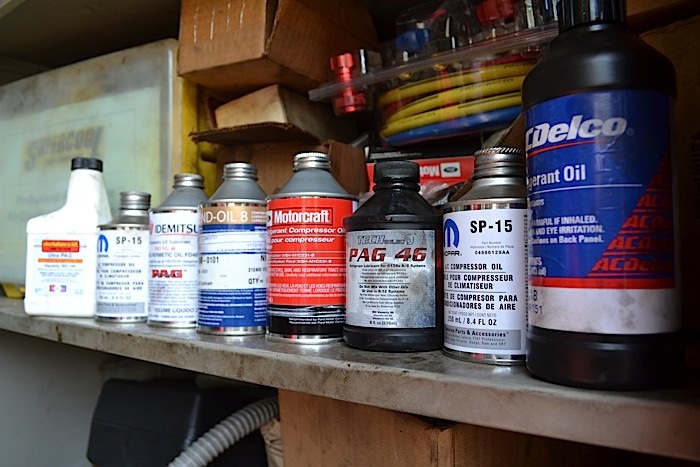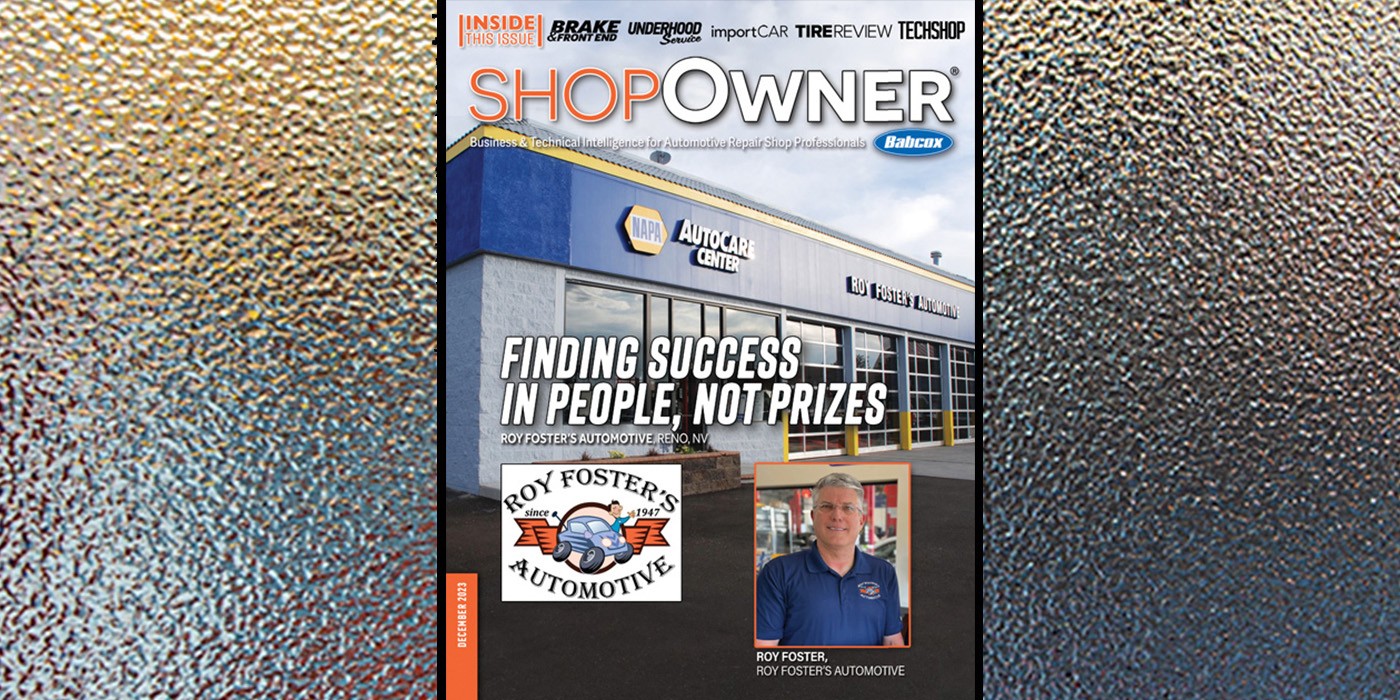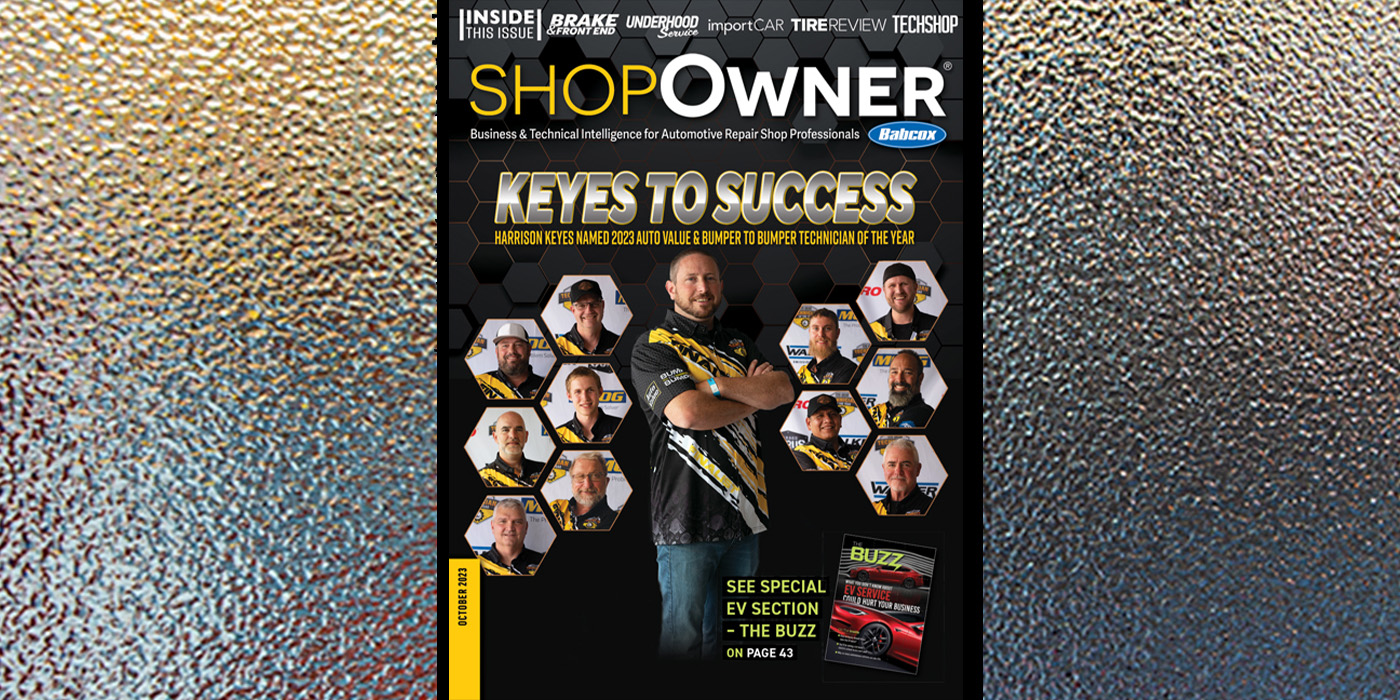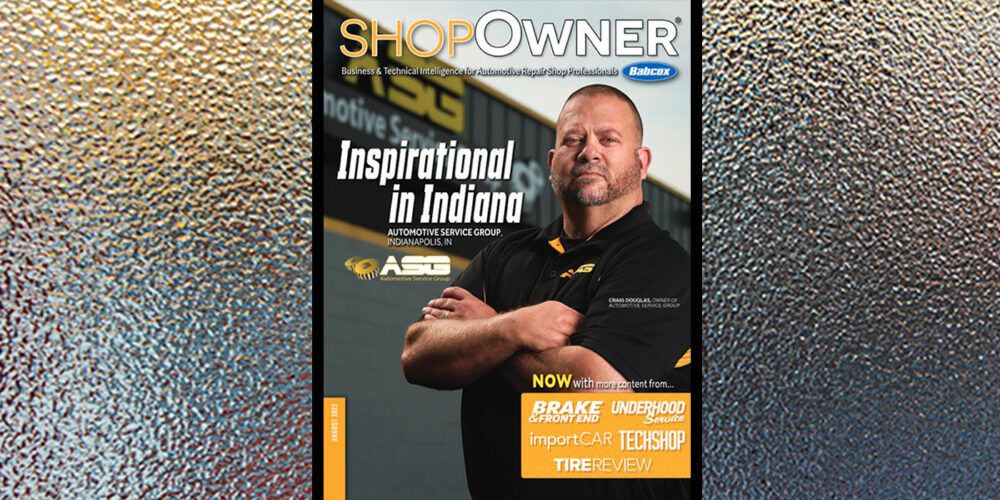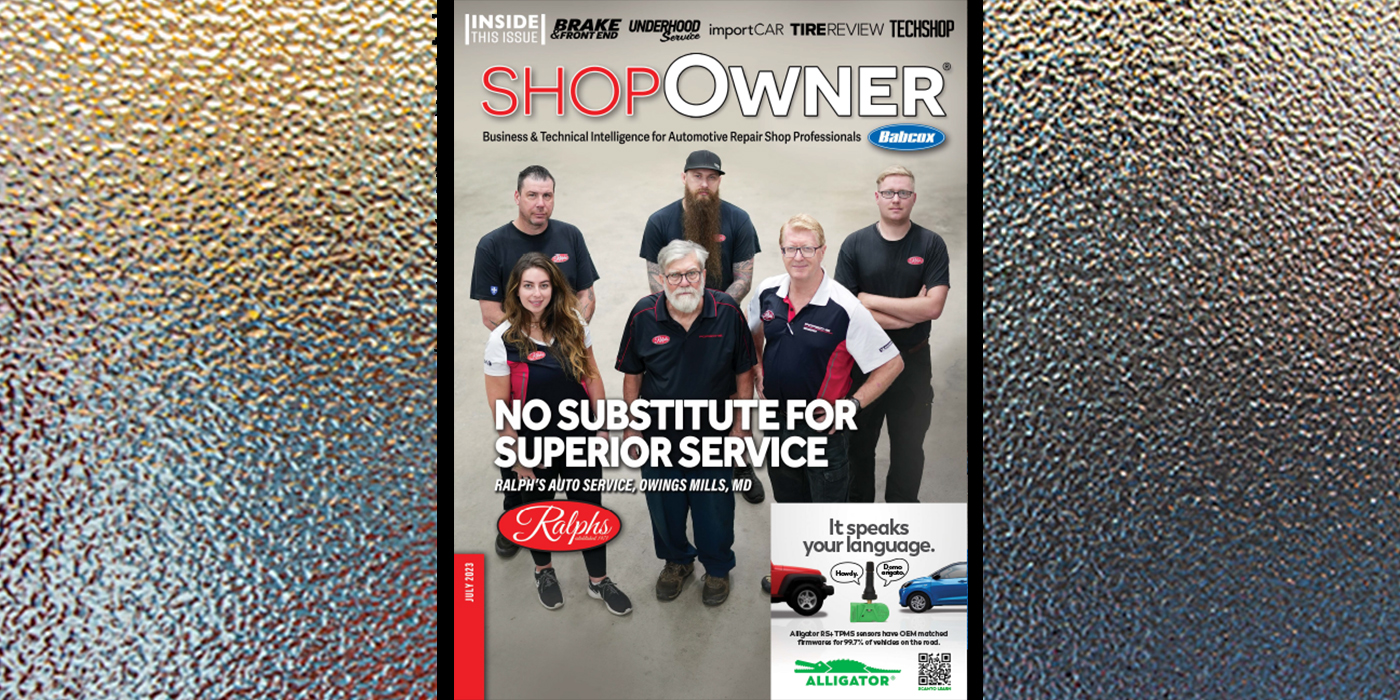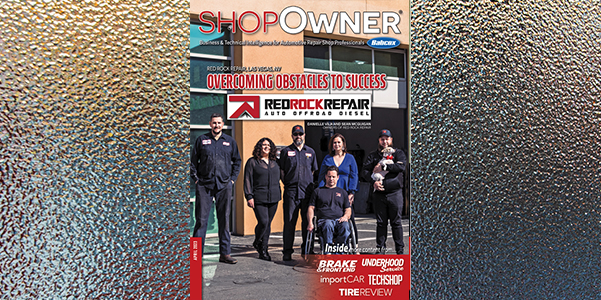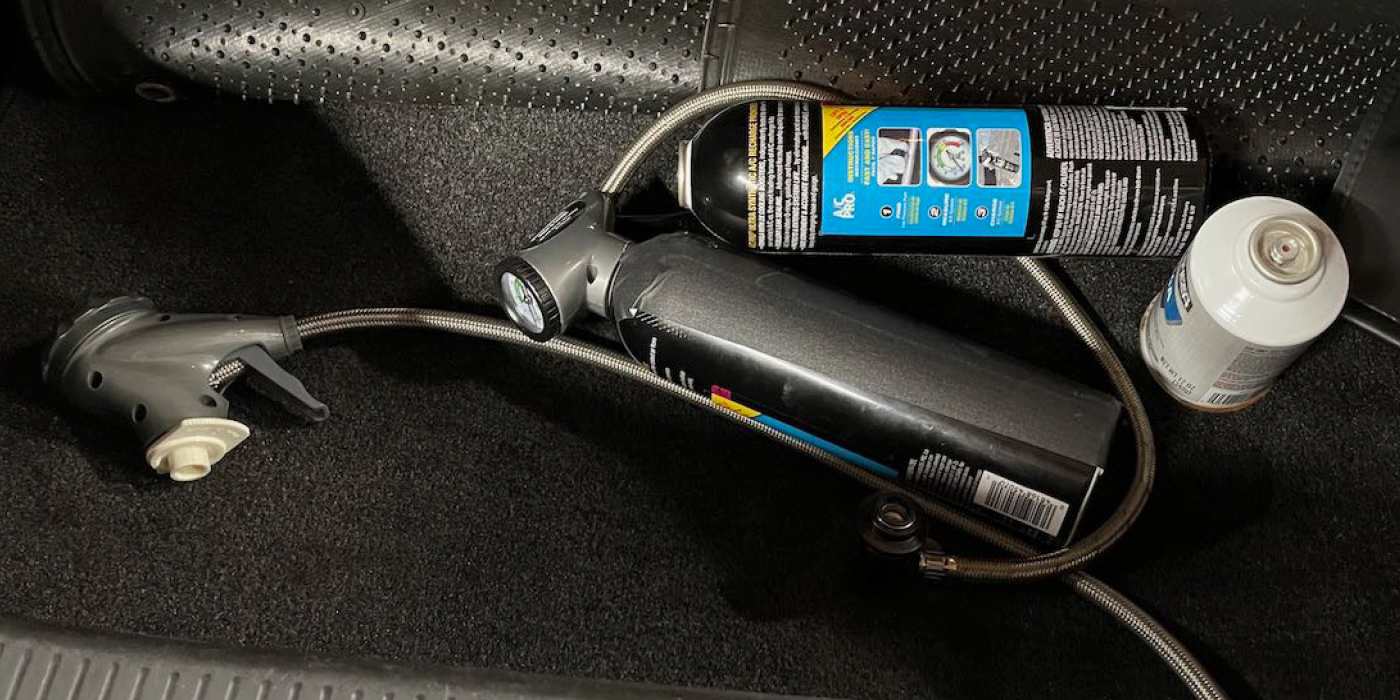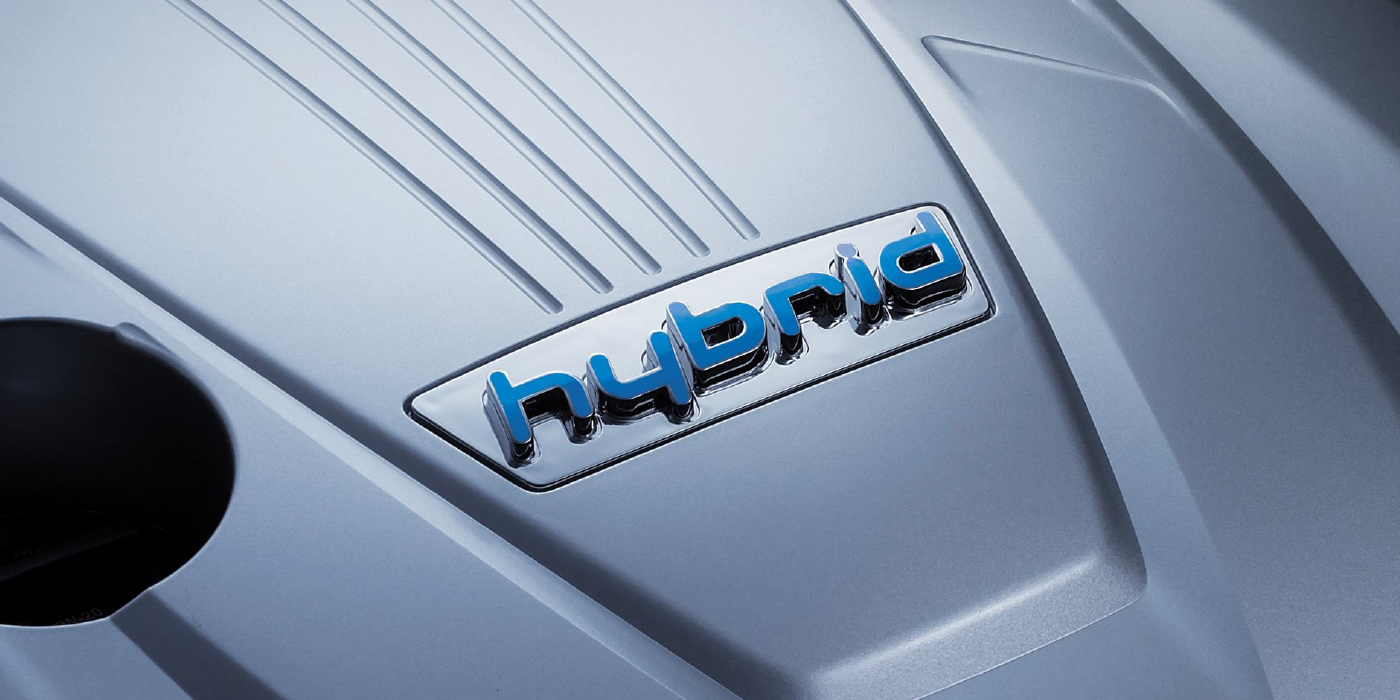Understanding the Differences Between A/C Compressor Oils
The push for more eco-friendly materials and more stringent vehicle engineering standards has led to a number of changes to manufacturer requirements for A/C compressor oils over the past two decades.
Mineral oil was the de facto A/C compressor oil used up until the early 1990s thanks to its ability to mix with the R-12 refrigerant, but when R-12 was shelved due to its ozone-depleting properties, mineral oil had to be scrapped as well because of its inability to mix with the more environmentally sound R-134a.
R-134a became the refrigerant of choice in U.S. mobile air conditioning systems in 1994. Its popularity coincided with the emergence of polyalkylene glycol (PAG) oil, which mixed well with the new refrigerant.
However, because mineral oil and PAG oil are not to be mixed, another A/C compressor oil was needed to bridge the gap. The solution was ester oil.
“When people were taking R-12 cars and converting them to R-134a, the mineral oil in the system wouldn’t work with R-134a, but you couldn’t put in PAG oil because that wouldn’t work with the old mineral oil residue that would be left over,” said Steve Schaeber, manager of service training at Mobile Air Conditioning Society (MACS) Worldwide. “So, they used this ester oil to make that transition. It was only supposed to be used for retrofitting these cars, and that’s all it was recommended for.”
With R-134a, there are primarily three different viscosities of PAG oil being used: PAG 46, which is the most popular viscosity oil; PAG 100, which is also common; and PAG 150, which is not often used, but it is still required for a certain compressor used in some GM vehicles from the ‘90s to the early 2000s.
R-134a has dominated the U.S. market for roughly two decades, but it too is beginning to be eclipsed by a new refrigerant due to environmental concerns. While R-134a does not deplete the ozone like R-12, it has been shown to have notable global warming potential (GWP). For this reason, R-1234yf was developed for its cooling abilities and its low GWP.
But just as the discontinuation of R-12 necessitated the use of certain ester and PAG oils, the introduction of R-1234yf has brought with it new requirements for A/C compressor oils that techs need to be cognizant of since manufacturers are now requiring more varied and specific A/C compressor oil formulations for the cars they build.
“The new, low global warming potential refrigerant being used (R-1234yf) requires its own special oil,” Schaeber said. “For instance, GM has its own special formula, and Chrysler has its own formula for it, but it’s important that if someone has a ‘yf’ car come in, the technicians use the special oil that’s required.”
The proprietary nature of these products has put the onus on shop owners and technicians to be stocked with, and ready to use, the wide array of A/C compressor oils on the market to accommodate whatever vehicle rolls into their shop.
“When I go into shops — and I have a network of shops I routinely go into — most of their shelves in their parts rooms that have to do with A/C stuff seem to have up to 25 bottles of different refrigerant oils on the shelves because every vehicle manufacturer specifies a different oil for their particular system,” Schaeber said.

